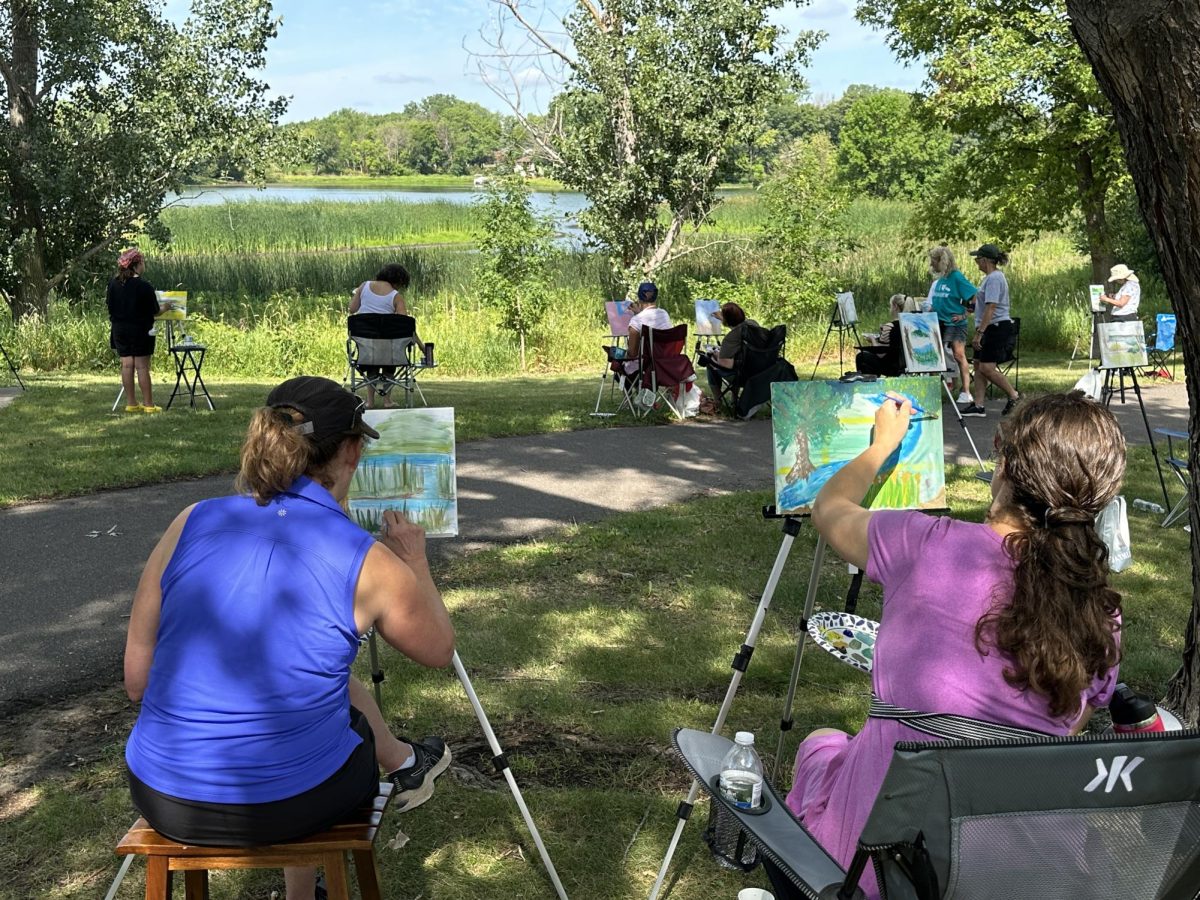Over the past few years, the U.S. has seen a significant increase in the number of teenagers gambling and participating in sports betting. According to a study done by Rutgers University, gambling in young adults ages 18 to 24 has increased by 400% since 2017.
Gambling in children can start as young as 10 years old as they are introduced to different games and websites, such as online poker, black jack and slots. Although gambling in the United States is illegal for people under 18 years old, teenagers still find ways to gamble, both online and in-person.
Due to the growing popularity of technology, teens have a much easier time accessing online gambling websites than before. For many online platforms such as BetOnline, SportsBetting and MyStake, the age of each user cannot be verified, making it easy for teenagers to fake their age and place bets. For websites that require an ID or social security number, some teens may even go behind their parents’ backs and use their driver’s license, according to MV students.
Gambling websites, as well as free downloadable apps such as Play To Win: Real Money Games and PrizePicks, are highly addictive, as shown through the millions of player downloads on the playstore app. These games often use partial reinforcement, meaning that players never know exactly when they might hit it big. “You’re like, ‘Well, I spent $400, but this next buck might be the one that makes me […] thousands of dollars,” said Carolynne Ladd, psychology teacher. The continued anticipation of the next play keeps players hooked.
Social media platforms, such as TikTok and Instagram, also promote gambling for teenagers. Many videos show young gamblers going crazy over big-time wins, as well as people sharing advice on how to start gambling or increase one’s chances of winning. This content can make gambling seem extremely attractive and push the idea of making a lot of money quickly to impressionable teens. For example, junior Rylan Pike started sports gambling with his friends two years ago around the Superbowl after seeing gambling content online. “We wanted to make some money, and [sportsbetting is] interesting because I always see ads about it.”
Early exposure to gambling content and games that emulate gambling can increase teens’ risk of trying real gambling and forming unhealthy habits later in life. Some students at MV already get together to play blackjack or poker on the weekends, and many are excitedly awaiting the day they can go to a real casino. “I know that one of the things that teenage boys and girls do when they turn 18 is some of them want to go right away to the casino,” said Fleming. “For some, they would say it’s a rite of passage.”
All of this exposure to gambling can lead to compulsive gambling, which the Mayo Clinic defines as the uncontrollable urge to continue gambling even when it takes a toll on a person’s life. According to the American Psychological Association (APA), teenagers — especially teenage boys — tend to be more susceptible to developing gambling addictions because the prefrontal cortex, which regulates thoughts, actions and emotions, develops fully later. “Younger people are more prone to addiction because their brain is not as developed as people in their mid-20s. That’s why it’s even more dangerous for younger people than for older people,” said Ross Fleming, health teacher.
As gambling becomes a larger issue among teenagers and young adults in the United States, treatment centers and helplines have received a large spike in the number of people seeking help for gambling addictions. Cognitive behavioral therapy (CBT) is the most common treatment for compulsive gambling. It’s an approach that uses problem-solving skills in order to cope with difficult situations while also helping individuals figure out their problems through personalized lessons.
Implementing regulations and educating teens can also prevent chronic gambling from becoming worse. For example, schools can teach students about addiction and spending habits. “In personal finance, we discuss the behavioral economics, specifically the psychology behind why we buy and/or overspend. In marketing, we discuss the psychology of why we buy (motives) and various advertising appeals,” said Rebecca Allard, sports marketing and personal finance teacher. By building a deeper understanding of why teens overspend or grow addicted to gambling, teens can increase their awareness of their susceptibility to developing bad habits before they form.
The lack of oversight and growing popularity of online platforms and gambling content has led to an increase in teenage gambling. And if sports betting becomes legal, teenage gambling might only continue to rise, resulting in what was originally a fun pastime with friends having lasting consequences.















![[DEBATES] Prestigious colleges: value or hype?](https://www.mvviewer.org/wp-content/uploads/2024/12/buildings-1200x654.png)
































![[OPINION] The dark origins of TikTok's looksmaxxing trend](https://www.mvviewer.org/wp-content/uploads/2024/02/Copy-of-Copy-of-Untitled-Design-1200x675.png)














